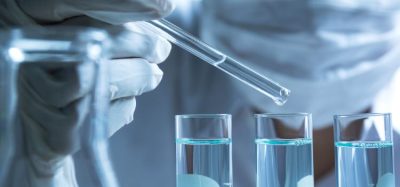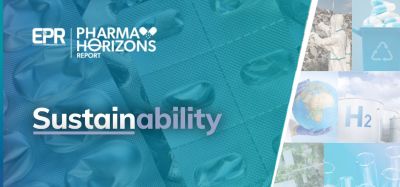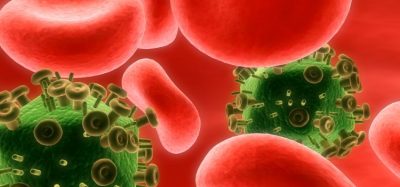Otsuka to commercialise hereditary angioedema drug in Europe
Posted: 19 December 2023 | Caroline Peachey (European Pharmaceutical Review) | No comments yet
Japanese company Otsuka Pharmaceutical will pay $65 million is to commercialise Ionis’ hereditary angioedema candidate in Europe.


Otsuka Pharmaceutical has agreed to acquire exclusive marketing rights to Ionis’ hereditary angioedema (HAE) drug candidate, donidalorsen, in Europe.
Under the terms of the agreement, Otsuka will pay California-based Ionis $65 million upfront, along with additional milestone-related payments. Ionis is also eligible to earn tiered royalties ranging from 20 to 30 percent based on aggregate annual net sales.
Ionis will be responsible for non-clinical and clinical development of donidalorsen, Otsuka will apply for regulatory approval and commercialise the drug in Europe.
“We are excited to collaborate with Otsuka given their proven results in bringing rare disease medicines to patients in Europe,” said Brett Monia, Ionis chief executive officer. He added that agreement is aligned with Ionis’ strategy to “initially focus commercialisation efforts on the US market.”
Makoto Inoue, president and representative director of Otsuka Pharmaceutical commented: “Otsuka is committed to the development of drugs for rare diseases such as autosomal dominant polycystic kidney disease.. Through this collaboration with Ionis, if regulatory approval is received, we look forward to bringing donidalorsen to patients in Europe to address the unmet medical needs of patients with HAE.”
Donidalorsen for HAE
Donidalorsen is an investigational ligand-conjugated antisense (LICA) medicine. The drug is designed to target the prekallikrein pathway, which plays an important role in activating inflammatory mediators associated with acute attacks of hereditary angioedema.
In a Phase II open-label study, donidalorsen reduced HAE attack rate by a mean of 96 percent – from 2.70 attacks per month to 0.06 attacks per month over two years. The treatment was also well tolerated by patients.
Ionis is currently conducting two Phase III multicentre studies of donidalorsen; a double-blind, placebo-controlled study in North America and Europe and an open-label, global study.
“We…look forward to reporting pivotal topline Phase III results in HAE in the first half of next year,” Monia said.
HAE is a rare genetic disease characterised by unpredictable and frequently severe swelling of the skin, GI tract, upper respiratory system, face, and throat. The disease, which can be life-threatening, typically affects 1 in 50,000 people.
Related topics
Clinical Development, Clinical Trials, Drug Development, Regulation & Legislation, Research & Development (R&D)
Related organisations
Related drugs
Related diseases & conditions
autosomal dominant polycystic kidney disease, Hereditary Angioedema (HAE)









